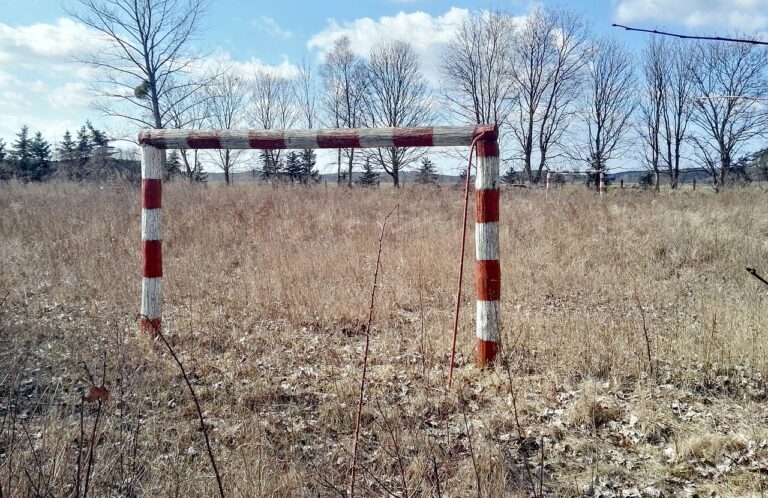Implementing Fire Safety Measures in IPL Stadiums: Maintenance Best Practices: 11xplay .com, Diamondexch999 sign up, Skyexchange
11xplay .com, diamondexch999 sign up, skyexchange: India has a passion for cricket like no other country in the world. With the IPL (Indian Premier League) being one of the most popular cricket tournaments globally, stadiums across the country are packed with enthusiastic fans cheering for their favorite teams. But amidst all the excitement and energy, safety should always be a top priority, especially when it comes to fire safety measures in IPL stadiums.
Implementing fire safety measures in IPL stadiums is crucial to ensure the well-being of spectators, players, and staff. By following maintenance best practices, stadium authorities can create a safe and secure environment for everyone attending the matches. Here are some key guidelines to consider:
1. Conduct regular fire risk assessments: Stadiums should conduct regular fire risk assessments to identify potential hazards and take necessary precautions to prevent fires. This includes checking electrical systems, storage areas, and emergency exits to ensure they are up to code.
2. Install fire detection and alarm systems: Installing fire detection and alarm systems is essential to alert authorities and evacuate the stadium in case of a fire emergency. Regular maintenance of these systems is crucial to ensure they are functioning correctly.
3. Maintain fire extinguishers: Fire extinguishers should be placed strategically throughout the stadium, and they should be regularly inspected and maintained. Staff should be trained on how to properly use fire extinguishers in case of an emergency.
4. Ensure proper ventilation systems: Proper ventilation systems in the stadium can help prevent the spread of smoke and fire in case of an emergency. Regular maintenance of ventilation systems is necessary to ensure they are in working order.
5. Provide fire safety training: Staff members at the stadium should receive fire safety training to know how to respond in case of a fire emergency. This includes evacuation procedures, handling fire extinguishers, and assisting spectators to safety.
6. Regularly test emergency lighting: In the event of a power outage during a fire emergency, emergency lighting should guide spectators and staff to safety. Regular testing and maintenance of emergency lighting systems are vital to ensure they are operational.
7. Conduct evacuation drills: Evacuation drills should be conducted regularly to familiarize staff and spectators with evacuation procedures in case of a fire emergency. This practice can help minimize chaos and ensure a swift evacuation.
8. Coordinate with local fire departments: Stadium authorities should coordinate with local fire departments to ensure they are aware of the stadium’s fire safety measures and can respond effectively in case of an emergency.
By following these maintenance best practices, IPL stadiums can create a safe environment for all those attending matches, ensuring that fire safety measures are in place and ready to be activated if needed.
FAQs:
Q: Are fire drills necessary in IPL stadiums?
A: Yes, fire drills are necessary to familiarize staff and spectators with evacuation procedures in case of a fire emergency.
Q: How often should fire risk assessments be conducted in IPL stadiums?
A: Fire risk assessments should be conducted regularly to identify potential hazards and take necessary precautions.
Q: Who should be trained on fire safety measures in IPL stadiums?
A: All staff members at the stadium should receive fire safety training to know how to respond in case of a fire emergency.







